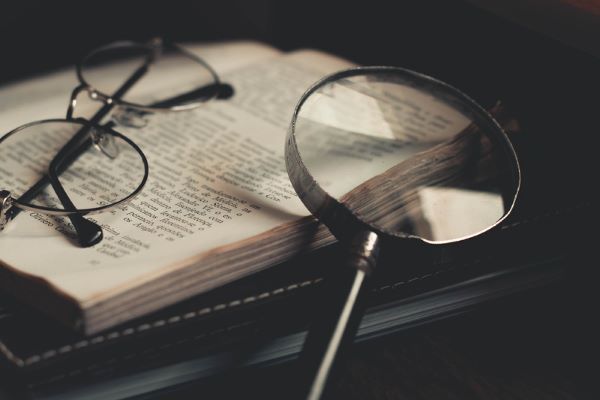North Carolina has an interesting rule that prevents you from asking for witnesses and trial documents in discovery. The case is King v. Koucouliotes 425 SE2d 462 (1993), where Judge Greene laid down a bright-line rule on questions during discovery and may have invented the word “nondiscoverability”.
Essentially, the rule in North Carolina is that you cannot ask for a witness or exhibit lists, and if you do it will be denied with no recourse. You can only ask for documents and witnesses that have personal knowledge or connection to some discoverable matter.
The Court pointed out that the recognized primary purpose of discovery “is to facilitate the disclosure prior to trial of any unprivileged information that is relevant and material to the lawsuit so as to permit the narrowing and sharpening of the basic issues and facts that will require trial.”
The Court used Rule 26 as the basic black letter law, requiring the disclosure of all persons “`having knowledge of [some] discoverable matter’ . . . .” 4 James W. Moore et al., Moore’s Federal Practice, 26.57[4], at 26-172 (2d ed. 1991) [hereinafter Moore] (quoting Fed.R.Civ.P. 26(b)).
However, with the exception of expert trial witnesses, whose identities are discoverable under the provisions of Rule 26(b)(4), “a party is not entitled to find out, by discovery, which witnesses his opponent intends to call at the trial . . . .” 8 Charles A. Wright Arthur R. Miller, Federal Practice and Procedure, 2013, at 106 (1970)
Similarly, a listing of the documents and exhibits a party opponent intends to present at the trial is not discoverable under Rule 26. See Wright Miller, 2012, at 98 (“courts have drawn a distinction between learning that a document exists and learning that it will be used [at trial] and have refused to allow the latter”).
The Court did give remedy on how to find out witnesses and evidence. Instead, the names of witnesses and lists of exhibits a party opponent intends to use at trial are obtainable through the pretrial conference. N.C.G.S. 1A-1, Rule 16 (1990); N.C. Gen. Prac. R. 7 (1992) (providing for disclosure of witnesses and exhibits at pretrial conference). Nonetheless, if the party requesting the names of trial witnesses and the list of trial exhibits can show a particular need for a deviation from this general rule of nondiscoverability, the trial court may, within its discretion, require such production through discovery and in advance of the pretrial conference. See Brock, 864 F.2d at 679 (allowing deviation if the case is particularly complex).
So always ask, “Therefore, Rule 26 requires the disclosure of all persons “`having knowledge of [some] discoverable matter’ .” If you are a party to a civil dispute and responding to discovery requests, contact King Law to guide you through the process. We can be reached at 888-748-KING (5464) to schedule a consultation. Our team of experienced attorneys are here to guide you through the process from any one of our Western North Carolina our Upstate South Carolina offices.

